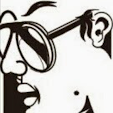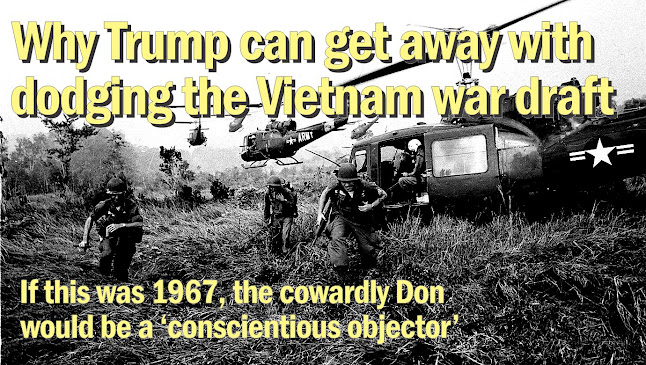As soon as Ninoy stood up from his seat to be led off his flight that had just landed at the Manila International airport on August 21, 1983, he knew he was a dead man.
No way he was going to be allowed to live. He was too big a troublemaker. He was charismatic, sharp, articulate, witty, possessed of an encyclopedic grasp of Philippine political history and social issues—and he bubbled with an annoyingly irrepressible enthusiasm like the Energizer bunny that just goes on, and on, and on, and on…. Shove a microphone in his face and he can talk the wallpaper off the wall. All day long.
That’s not even his worst quality, as far as his political adversary is concerned. The worst thing about him is that he peddled hope and trafficked in optimism.
He saw the potential of Juan and Juana de la Cruz that Juan and Juana de la Cruz did not know. While some saw the Philippines’ prospects for growth and prosperity as a half-empty glass of water, and some saw it is as half-full, Ninoy would have gone, “Let’s have some more glasses! Where are the glasses! Bring out the glasses!”
The decade of the 80’s was a wobbly era of fitful change. The psychedelic 70’s are just out. Between the declaration of martial law in 1972 to Ninoy’s homecoming in 1983, the nation had just been through a decade of servile submission to autocratic rule. Depending on how far adrift you are from the center of the action, it might have even been benevolent at times—enough for some to reminisce them today in myopic terms as a kind of “golden age.”
But overall the nation was in decline. Poverty was on the rise, the pillaging of the national treasury so blatant, thorough and systematic. Official and private crony plunder was so rampant and pervasive that corruption was the new normal, and virtue became the new sedition.
The Philippines became the paradox of the richest country with the poorest masses. Stand in the middle of the posh financial district of Makati, and as you gaze from one street corner to the next you will realize you are standing on the patch of ground where the one percent of the population who control ninety-five percent of the nation’s wealth live and hold office. The space that divides the haves and the have-nots is a gaping chasm expanding wider everyday, with little hope of any change in direction.
The state of the populace was lethargic. Everyone saw what was wrong, everyone knew what could be done about it, but no one had the wherewithal and the strength left to do it. Cynicism led to defeatism and defeatism led to dynastic perpetuation. Eighty million Filipinos were acting monolithically like deer in headlights.
Oh, that someone would snap them out of it.
Someone DID come home to do just that.
Oh, but they snapped him out of it.
One bullet is all it took.
The millions of Filipinos who poured out into the streets in immeasurable outrage at the assassination of that man understood every strand of every fiber of every thread of that political issue. Nobody needed an explanation. Everybody understood what was going on so uniformly that they could mass together leaderless and yet still think, speak and act the same way as one wave of pure, unadulterated People Power never before seen, and never again perfectly replicated since.
I was a young man when Ninoy was assassinated four decades ago. I am an old man now, as old as those who were as young as me then.
I am too old and too tired to retell the story the umpteenth time. Like Forrest Gump would say, this is all I have to say about that: Ninoy died so that you would have freedom. If you don’t appreciate or even understand that, Ninoy died in vain. And you are still not free.
So don’t look to us who once understood it so well to explain it to you. Freedom and democracy were to be your inheritance from that tumultuous era of awakening, self-mobilization and freedom actualization which generation tried to hand over to succeeding generation—all the way down until it has gotten us this far, to touch YOUR generation.
You can speak freely today and have the liberty to mold your mind according to the virtue you choose, free from systemic supervention by the shackles of mind-slavery that the aftermath of Ninoy’s death dismantled.
Because of the enabling sacrifice that Ninoy made, many could now ignorantly criticize his legacy with the very voice of freedom that Ninoy bought with his life.
That freedom is your unearned inheritance, your lifetime insurance policy that never again would some glib-tongued demagogue control your mind while robbing you blind.
That inheritance from Ninoy, and the millions of us who followed him, is always yours for the taking.
If you don’t want it, that’s fine.*








